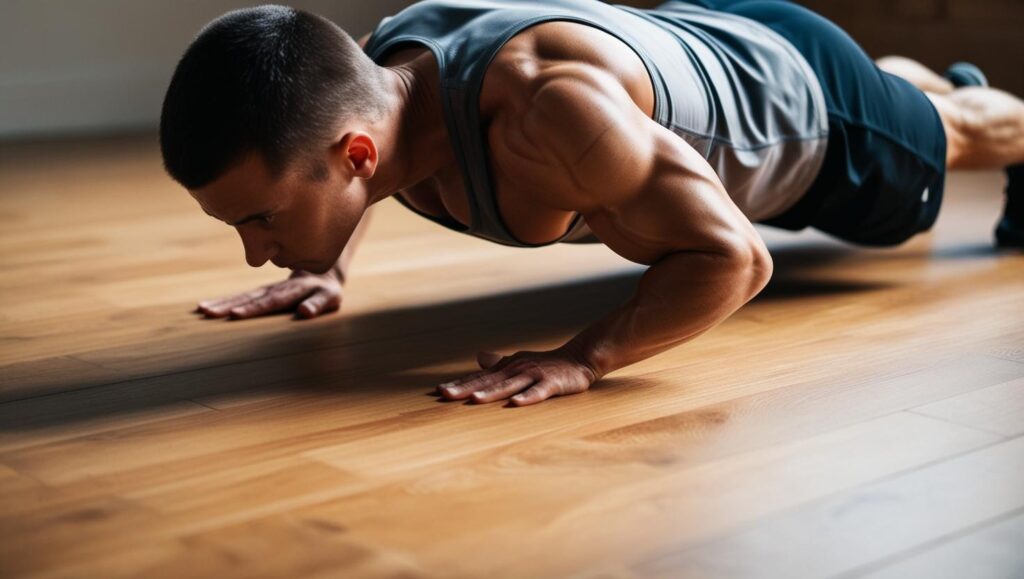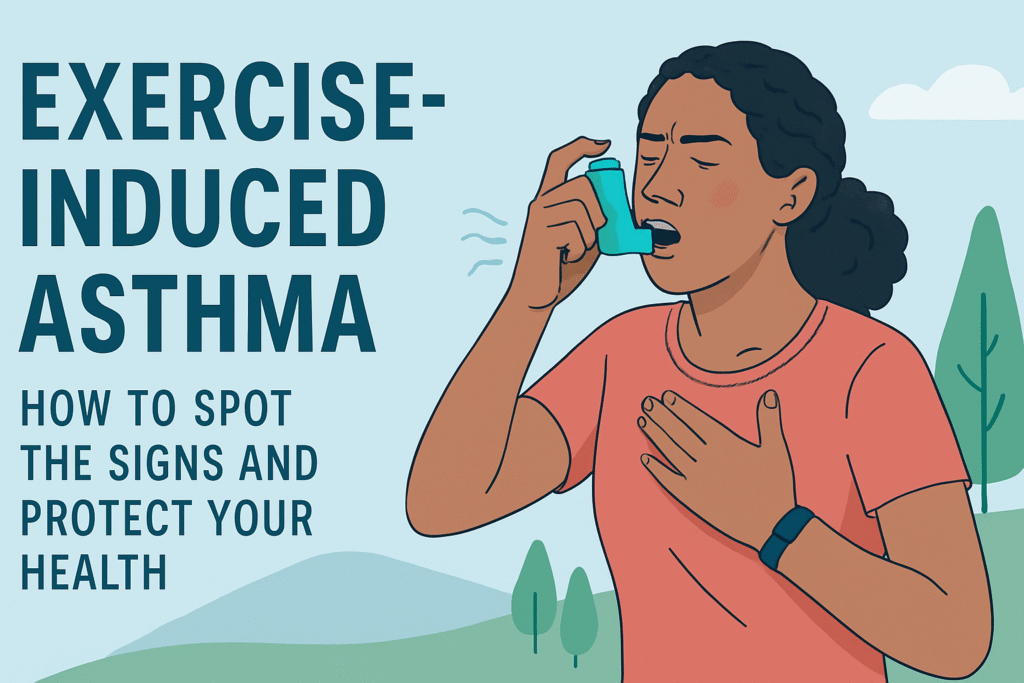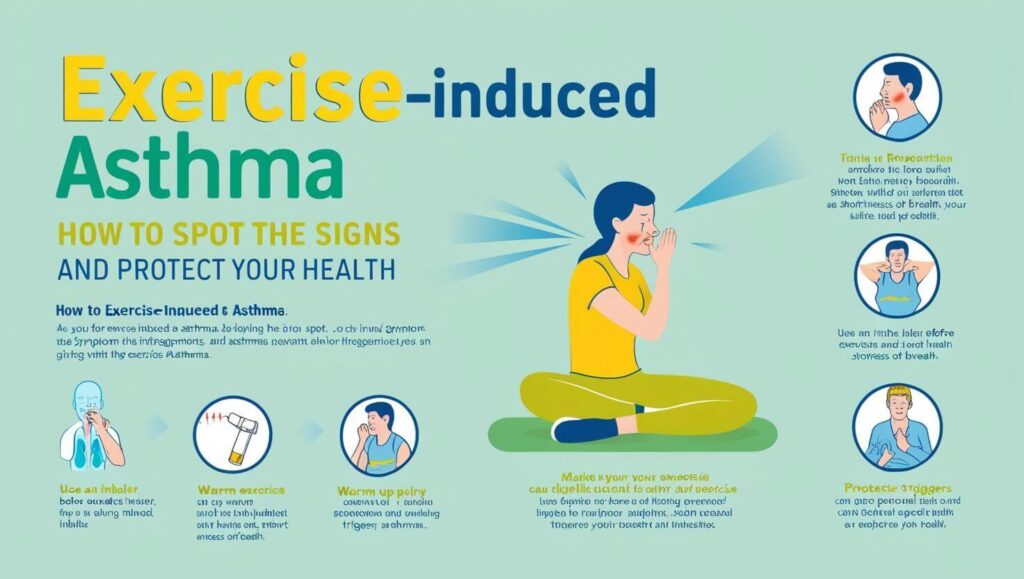
How to Check for Exercise-Induced Asthma: A Step-by-Step Guide
Struggling with unexplained shortness of breath or chest tightness during exercise? How do you check for exercise-induced asthma (EIA)? This guide reveals the exact tests doctors use, red-flag symptoms to watch for, and actionable steps to manage your health.

What is Exercise-Induced Asthma?
Exercise-induced asthma narrows airways during physical activity, causing coughing, wheezing, or fatigue. Symptoms often strike during or after workouts, even in people without chronic asthma.

Key Symptoms That Signal EIA
- Wheezing or whistling sounds when breathing.
- Chest tightness lasting 30+ minutes post-exercise.
- Coughing fits triggered by cardio.
- Sudden fatigue despite moderate effort.
⚠️ Act Fast: Ignoring symptoms can worsen lung function over time.
How to Check for Exercise-Induced Asthma: 5 Diagnosis Methods
1. Spirometry Test
A baseline lung function test measures airflow before and after using a bronchodilator. If results improve post-medication, EIA is likely.
2. Exercise Challenge Test
You’ll run on a treadmill or cycle while doctors monitor breathing patterns. A 15% drop in lung efficiency confirms EIA.
3. Peak Flow Monitoring
Track peak airflow daily with a portable meter. Consistent dips after workouts signal EIA.
4. Eucapnic Voluntary Hyperventilation (EVH)
A lab test mimics exercise-induced breathing patterns using dry air to provoke symptoms.
5. Rule Out Other Conditions
Doctors may test for allergies, heart issues, or vocal cord dysfunction, which mimic EIA.

What to Do After Diagnosis
- Pre-treatment: Use an inhaler (e.g., albuterol) 15 minutes pre-workout.
- Avoid triggers: Cold air, pollen, or pollution. Opt for indoor swimming or yoga.
- Warm up: 10–15 minutes of light cardio reduces symptom severity.
Expert Tip:
“Early diagnosis is critical. Untreated EIA can lead to permanent airway damage.”
— Dr. John Lee, American College of Allergy, Asthma & Immunology (external DoFollow link)
FAQs
Q: Can I self-diagnose exercise-induced asthma?
A: No! Home tests lack accuracy. Always consult a pulmonologist.
Q: How long does testing take?
A: Most tests require 1–2 clinic visits.
Found this helpful? Share it with someone who dreads post-workout breathing struggles! 🏋️♀️💨

